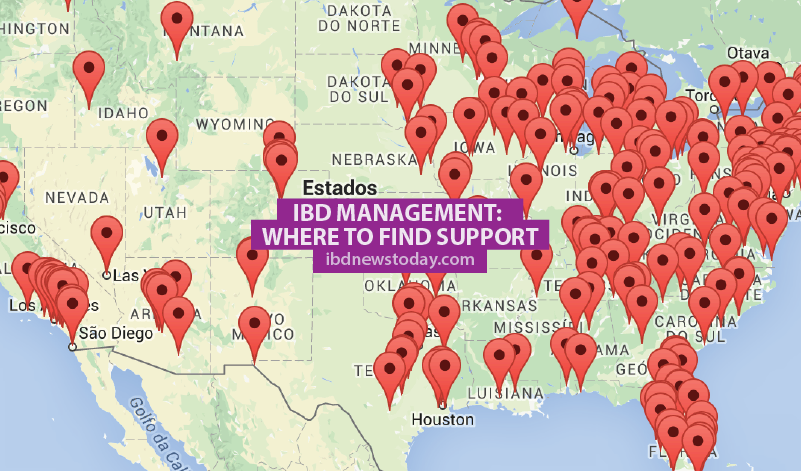
It’s not an easy task to live with an inflammatory bowel disease (IBD) and patients may benefit from receiving support in different settings. There may be people who want support, but don’t know where to look for it. Therefore, the Crohn’s and Colitis Foundation of America (CCFA) offers hundreds of resources throughout the country for people who suffer from Crohn’s disease and ulcerative colitis.
There are more than 40 local chapters of the foundation which have over 200 associated support groups, focused on helping IBD patients and family members connect with each other. The meetings of the Crohn’s and colitis support groups consist of intimate gatherings where people can share their experiences, stories, and emotions, as well as find answers, emotional support, and receive help to overcome the challenges of IBD.
It’s also common for the support groups to organize informal and social events in addition to the sessions, including picnics or luncheons, informational workshops, community volunteer days, family outings and gala events. The program Power of 2 has the same purpose but it is slightly different from support groups. Power of 2 offers peer-to-peer support for people willing to talk by phone, Skype, or email to other IBD patients or caregivers.
In addition, the CCFA also has an online community available for IBD patients, where it’s possible to find support at all times. On the 24/7 platform patients and loved ones can participate in discussion boards, seek and share personal stories, submit questions, and much more. There’s also a CCF live online support group program in which patients and loved ones can connect with peers over four weekly chat sessions that are guided by various IBD topics.
Learn more about IBD here: http://bit.ly/learnIBD
IBD News Today is strictly a news and information website about the disease. It does not provide medical advice, diagnosis or treatment. This content is not intended to be a substitute for professional medical advice, diagnosis, or treatment. Always seek the advice of your physician or other qualified health provider with any questions you may have regarding a medical condition. Never disregard professional medical advice or delay in seeking it because of something you have read on this website.
